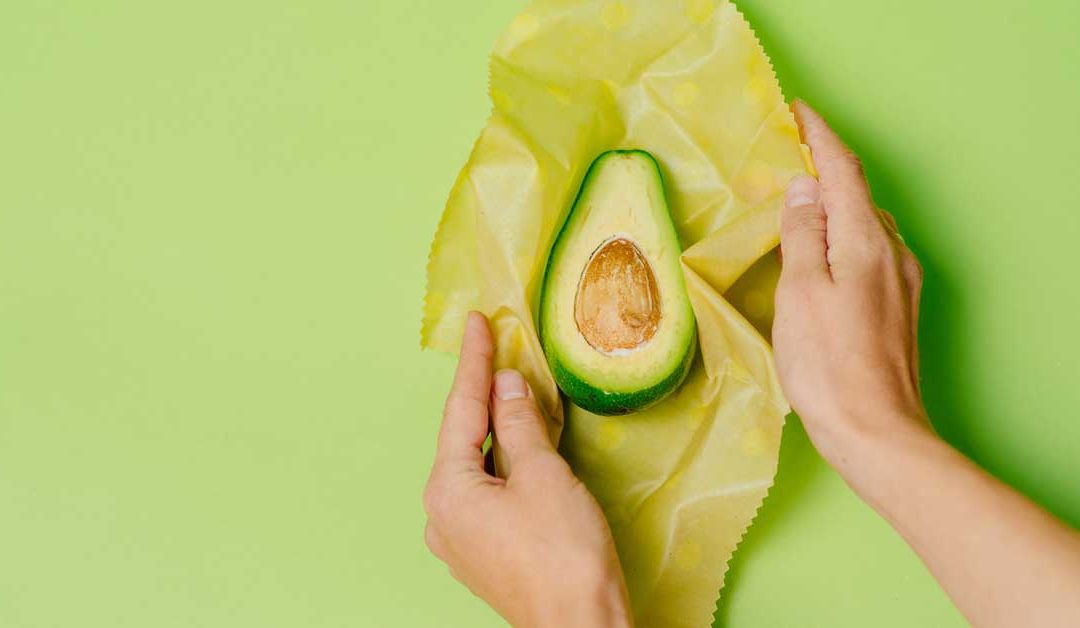People today are aware more than ever of the impact of waste on our environment, and many individuals are taking steps to reduce their waste.
One major waste is food waste.
31% of all edible food in the U.S. is wasted, which is around 36 million tons of food.
I know that I have contributed to that number by letting things go bad before eating them, but I have been trying to make a conscious effort to reduce food waste in our home.
Try these tips to reduce food waste in your home:
- Plan ahead – make a list of foods you need for meals you have planned for the week to reduce over buying unnecessary foods that may be wasted.
- Cook or eat what you have at home before buying more food – especially things that are close to expiring.
- Store fresh produce properly to extend their freshness – store different fruits and vegetables in their own bins to keep the natural gases that are released when fruits ripen separate which helps reduce the chance of other produce spoiling faster.
- Purchase frozen fruits and vegetables that do not go bad as quickly as fresh produce.
- Know the difference between food labels:
- “Sell by” date indicates the date that a store should sell that product by – if you freeze the product by that date it is still safe to keep.
- “Best if used by” date is the recommended date for the best flavor and quality of the product.
- “Use by” date is the date recommended for use of the product at peak quality – after that date, it should not be used. Make sure to use products by this date.
- Use the oldest foods first to reduce the number of foods that will go bad.
- Compost scraps of food instead of throwing them away.
- Repropose leftovers into new meals – some examples are leftover steak into a steak stir fry or overripe fruit into smoothies.
Reducing your food waste not only saves you money, but it helps to reduce methane emissions from landfills and conserves energy and resources.


